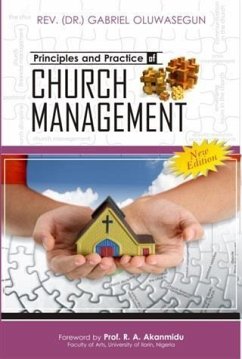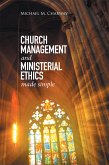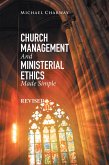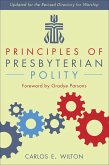In most cases, a pastor who has just graduated from a seminary is not trained for the responsibilities of administration or management. He is prepared primarily for preaching, training, counseling, and caring for people. The problems of budgeting, organizational planning, personnel, office management, dispute arbitration, crisis management and other business affairs of the church may become perplexing. How does he/she handle the tensions and ambiguities of such a situation? What should be his/her role in these areas? Should he/she do the best he/she can with limited skills? Or does he/she turn over most of this work to committees and Deacons? Or does he/she delegate some of it to other paid staff members of the Church? Some ministers have no choice but to train themselves or find available resources to develop themselves.
Whether your organization is a product line, a factory, or a service agency like a Church, some factors are common to all of these positions. You must plan and marshal affairs, initiate actions to get things done, and keep the organization working purposefully and harmoniously. The principal focus of this book is to serve as a Management Resource Guide for the ministers and church leaders of today.
The book is a resource guide for Church administrative effectiveness as well as a resource manual of practical helps for church leaders and staff members who have administrative responsibilities in the Church of today. It is especially helpful for the growing Church that needs to manage its limited resources wisely. It will also help older Churches to improve the quality of their administration and to efficiently manage their resources to their best advantage
Dieser Download kann aus rechtlichen Gründen nur mit Rechnungsadresse in A, B, BG, CY, CZ, D, DK, EW, E, FIN, F, GR, HR, H, IRL, I, LT, L, LR, M, NL, PL, P, R, S, SLO, SK ausgeliefert werden.









